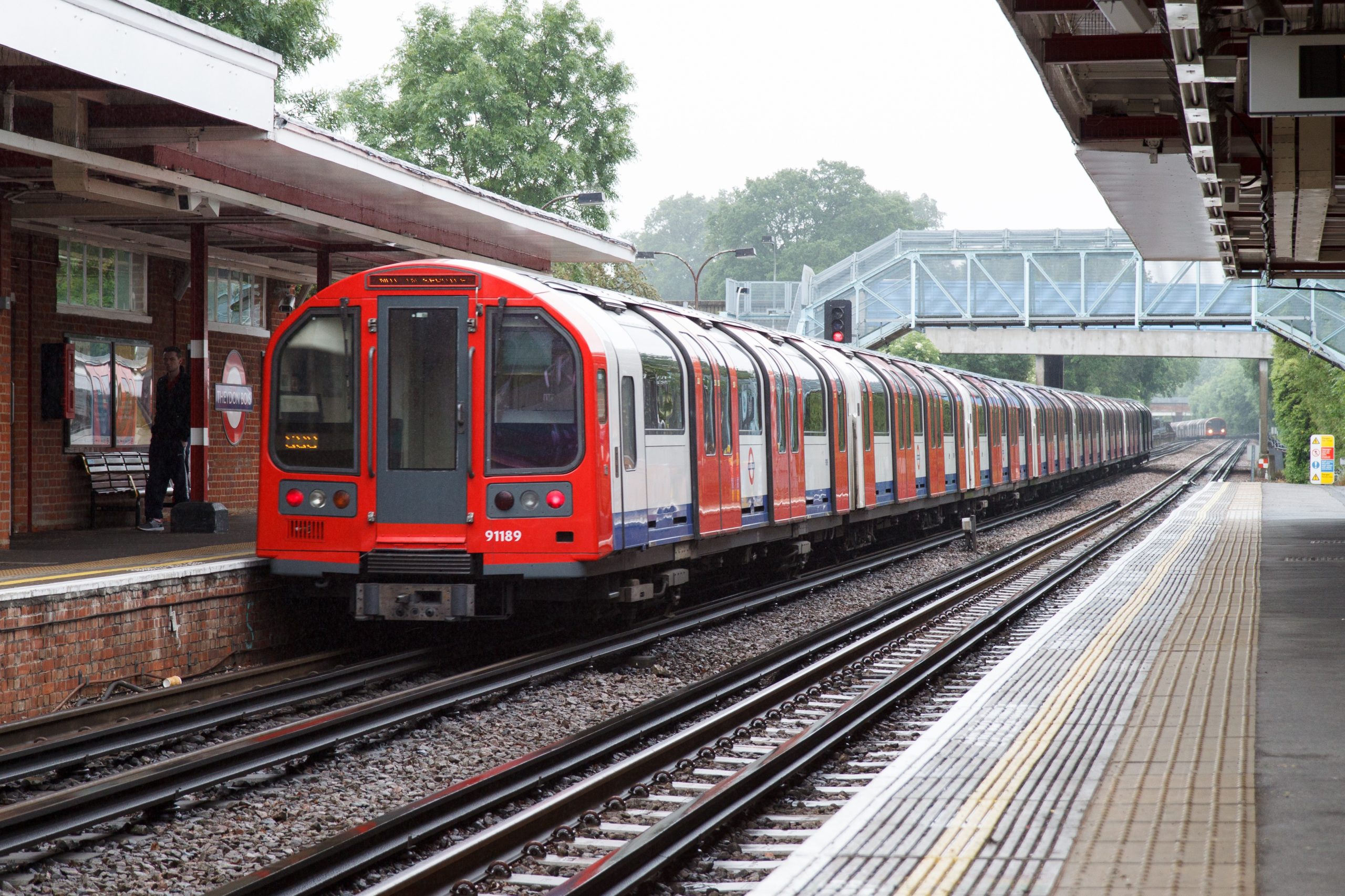
“With extraordinary efforts, China has prevailed over unprecedented difficulties and challenges that have not been an easy journey for anyone, we have now entered a new phase of COVID response where new tough challenges remain”, said Xi Jinping, President of the People’s Republic of China in his New Year Speech on national television.
President Xi Jinping acknowledged the difficulty faced by the people of China during the wave of infection last year with uptake in activity at funeral homes and hospitals. At the same time, he tried to instil confidence in the people of China with the hopes of a better upcoming year and victory over COVID and difficulties.
China has been criticized immensely for its decision to drop COVID zero restrictions by many countries, allowing people to travel without quarantine and testing, in order to boost/recover their suffering economy. In addition, China’s economy ended 2022 with a major slowdown as a spike in Covid infections in the first few months of 2023 is likely to further disrupt business and consumer spending.
While countries like the United States shared their concerns over the non-transparency of data and lack of trust in their testing, it was deduced that the infections there were spiking during reopening risking different variants of COVID to spread around the globe.
With relaxation in COVID protocols, multiple major cities in China have reported increased activity in Subway use. While the traffic didn’t spike just after the announcement, as people stayed home either sick or cautious of not getting sick, a gradual spike can be seen as days pass indicating an increase in the social movement. Cities like Guangzhou, Shanghai, Shenzhen, and Nanjing reported an increase in Subway traffic, while Zhengzhou, Beijing, and Chongqing reported an increase from a trough reached last month.

At the same time, COVID cases are reported to be soaring again after relaxation and reopening by the Chinese government. An official statement on Sunday addressed the COVID outbreak peaked in the southern manufacturing hub of Guangzhou while Health authorities reported infections peaked in Beijing last week.
Will China reconsider its reopening decision? The government imposed its COVID zero policy back in March 2022 when China experienced a spike in daily record COVID cases. The CCP made COVID a priority public enemy and aimed to impose strict rules and have a no-compromise policy on their application. While these restrictions were planned to curb the spread of this said infection in a couple of months, it extended without any progress in controlling the cases and spike.
The Government increased the intensity of restrictions with every passing month separating children from their parents and isolating a person in jail-like cells for quarantine. November 3rd incident when a kid died in his father’s arms because of a gas leak accident proved to be the final straw when authorities delayed their arrival at the hospital due to COVID restrictions and protocols which proved to be fatal for that kid.
The news went out like wildfire triggering protests all around China demanding ease in restrictions and their prison-like life at that point. While huge protests have been witnessed all around China, the government is less likely to impose those restrictions again due to strong opposition amid rising cases. China promised to increase its capacity for life-saving equipment, supporting hospitals and camps taking part in COVID testing.
The increase in traffic in the subway cannot be translated to an equivalent increase in economical spending just yet. Theatres are witnessing a gradual but certain increase in traffic as the box office witnessed a 46% dip in business from the same period last year, as reported by an online ticketing platform “Maoyan Entertainment”. Tourism revenue showed just about a 4% increment from last year.
Data analysts are keen to analyze the coming weeks leading up to the Lunar New Year when millions of Chinese are set to return home. This data is set to translate a more meaningful representation of the rebound in mobility in China, during the seven-day public holiday from January 21.





